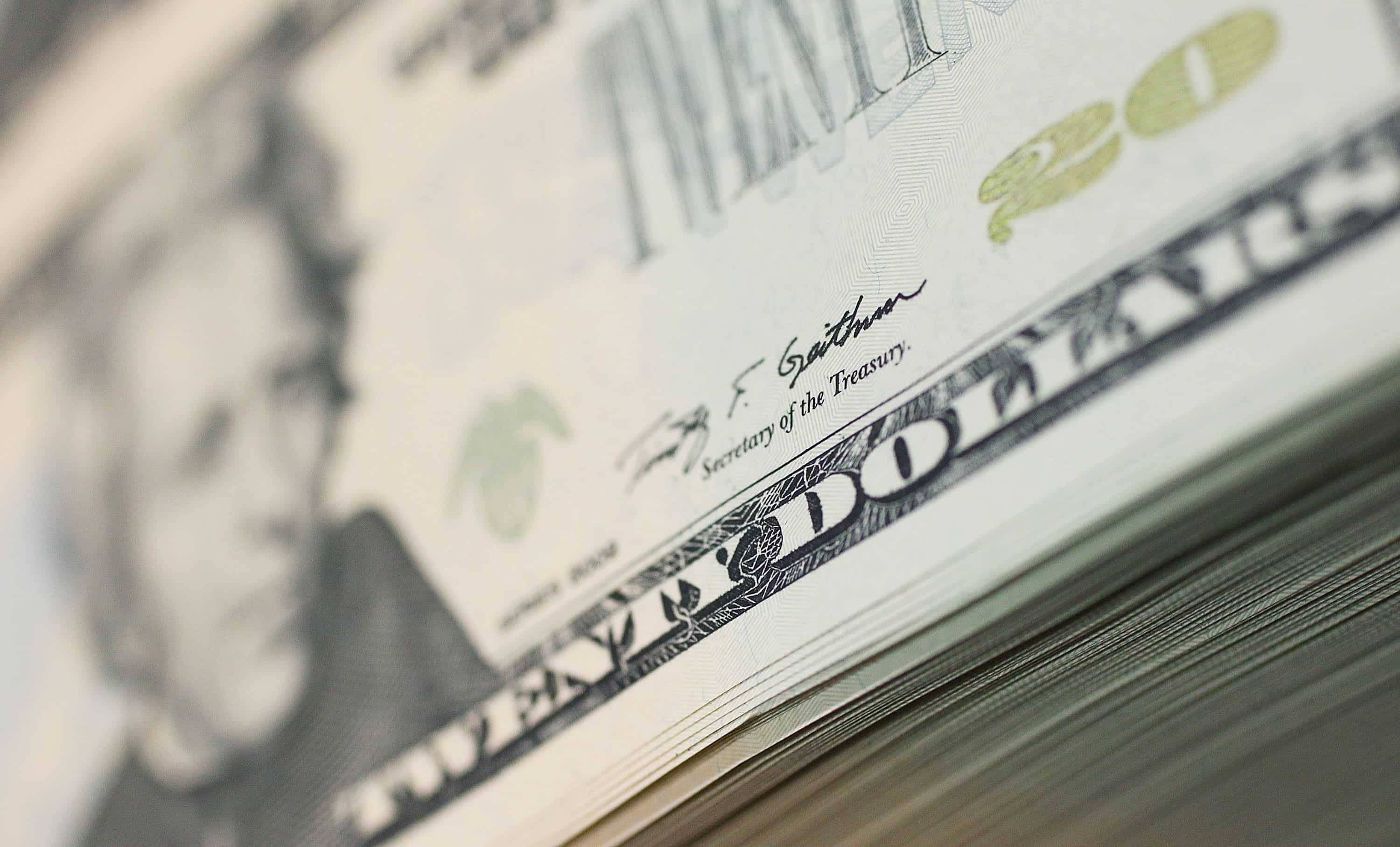Gilead Buys Out Kite Pharma’s CAR-T Therapy In An $11.9-Billion Deal
California-based biotech, Gilead Sciences, has reached an $11.9bn agreement to acquire Kite Pharma, adding a cutting edge cancer treatment to its portfolio and gaining a rather expensive ticket in the race to launch the first CAR-T therapy, a technology that is expected to change how cancer is treated.
As per terms of the agreement, Gilead will pay $180.00 per Kite share in cash, representing a 29% premium to its closing price on 25 August.
Kite’s most advanced therapy candidate is the closely watched CAR-T therapy axicabtagene ciloleucel (axi-cel), which is currently under priority review by the US Food and Drug Administration.
Approval of the highly-personalised therapy – which involves drawing T cells from a patient’s blood and reprogramming them in the lab to create T cells genetically coded to hunt the patient’s cancer cells – as a treatment for refractory aggressive non-Hodgkin lymphoma (NHL) is expected sometime in the fourth quarter, making it the first CAR-T available for that particular indication.
For Gilead, the takeover of Kite culminates a long search for a blockbuster deal, the largest since it acquired Pharmasset for $11bn six years ago. Gilead said the acquisition
, through which it gains Kite Pharma’s CAR-T therapy candidate axicabtagene ciloleucel, “immediately positions [us] as a leader in cell therapy.” The transaction, which was unanimously approved by both boards, is expected to close in the fourth quarter.Gilead’s need for a deal was particularly acute: it was once the envy of the biotech world for its expensive cure for hepatitis C, which worked out at $1,000 per pill at one point, but it has struggled in the past year amid fierce competition and a declining number of patients left to treat.
Notable here is, with the Kite buy, the top biotech joins Novartis in spotlight. Over the last year, Kite and Axi-Cel have moved into a leadership position in the field, with only Novartis ahead on the push to market. And if Novartis’ experience is a guide, Gilead faces potential pushback.
The Swiss drugmaker last week said it would invite talks with one critic who highlighted taxpayer funding for CAR-T research. The Kite and Novartis medications are up for two different rare disease indications, in refractory aggressive non-Hodgkin lymphoma and B-cell acute lymphoblastic leukemia (ALL) respectively.
By acquiring Kite Pharma, Gilead is now positioned close to the finish line, along with Novartis, which in July received the unanimous recommendation of an FDA panel for the approval of its CAR-T candidate CTL019. The FDA now has a deadline to make a final decision for Novartis in October, and for Kite in November.



























